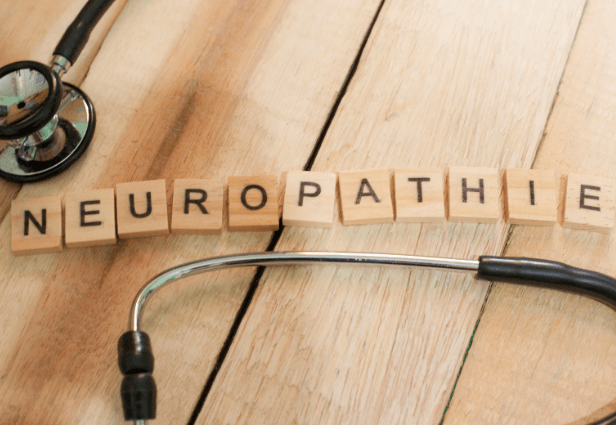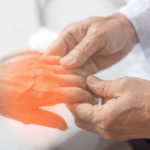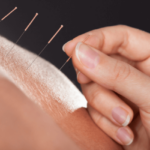Chronic stress can harm the neurological system and cause neuropathy. Injuries to the neurological system can result in symptoms such as pain, numbness, tingling, and others. Pain, discomfort, or even worse, are the consequences.
Stress is a common occurrence in daily life. On the other hand, even “typical” pressures might be debilitating if you suffer neuropathy or nerve pain.
There are several negative impacts of stress on the body, including increased nerve discomfort, respiratory abnormalities, and muscle strain.
Must Read – 10 Best Fruits Diabetes

Table of Contents
What Is Neuropathy Symptoms

Neuropathy Symptoms is a result of damage to the nerves located outside of the brain and peripheral nerves, and can cause weakness, numbness, and pain. Additionally, it may have an impact on many bodily processes like digestion, urine, and circulation.
Common Causes Of Neuropathy

The symptoms vary depending on the type of nerves injured because each nerve in your peripheral nervous system has a distinct purpose. There are several types of nerves:
– Sensory nerves that take in sensations from the skin, such as temperature, discomfort, vibration, or touch
– Muscle-movement-controlling motor nerves
– Autonomic nerves that regulate bodily processes like blood pressure, sweating, heart rate, digestion, and urination.
Peripheral neuropathy symptoms and signs could include:
– Gradual development of tingling, prickling, or numbness in your hands or feet that may eventually move up your body and into your legs
– Pain that is piercing, throbbing, scorching, or sharp a high threshold for touch
– Pain when doing things that shouldn’t hurt, such when you put weight on your feet or when they’re covered in a blanket.
– Falling and incoordination
– Muscle tremor
– Feeling like you’re missing your socks or gloves
– If the motor nerves are harmed, paralysis
Do I Have Diabetic Neuropathy

If you’re feeling pain and numbness in the legs, feet and hands seek medical care right away! Up to 50% of diabetics may get diabetic neuropathy, a significant consequence of the disease. But with constant blood sugar control and a healthy lifestyle, you may frequently prevent diabetic neuropathy or reduce its progression.
Seek help immediately when:
– Numbness or a diminished capacity to perceive pain or changes in temperature
– Prickling or scorching sensation
– Sharp discomfort or cramps
– Muscle tremor
– Extreme sensitivity to touch; for some, the weight of a bedsheet might hurt
serious foot issues such bone and joint degeneration, infections, and ulcers
Does Acupuncture Help Neuropathy

The discomfort associated with neuropathy may be reduced by acupuncture, which often has no negative side effects. Remember that acupuncture may not provide immediate relief and that you may need more than one session.
Does Neuropathy Cause Balance Problems
Yes! You may start to realize how your motions are significantly impacted when neuropathy causes muscle weakness. Your mobility, as well as your strength and balance, can start to be impacted by damage to your motor nerves.
Does Neuropathy Cause Pain
Yes! The sensation of nerve pain is frequently described as shooting, stabbing, or scorching. It can occasionally be as abrupt and harsh as an electric shock. People who suffer from neuropathic pain are frequently extremely sensitive to touch and cold, and they may also be painfully sensitive to stimuli like brushing their skin.
Early Symptoms Of Neuropathy
Peripheral neuropathy symptoms and signs could include: gradual start of tingling, numbness, or prickling in your hands or feet that may eventually move up your legs and arms. Throbbing, scorching, jabbing, or sharp pain. a high threshold for touch.
How Much Alcohol Causes Neuropathy
According to a previous study, drinking more than 100 grams of alcohol every day for many years can cause a peripheral neuropathy. Due to the high sensitivity of nerves to alcohol, drinking can exacerbate diabetes-related nerve damage.
Why Neuropathy Worse At Night
Our body temperature varies and somewhat decreases at night. Most people favor sleeping in cooler environments. It is hypothesized that injured nerves may interpret a change in temperature as pain or tingling, heightening the sensation of neuropathy.